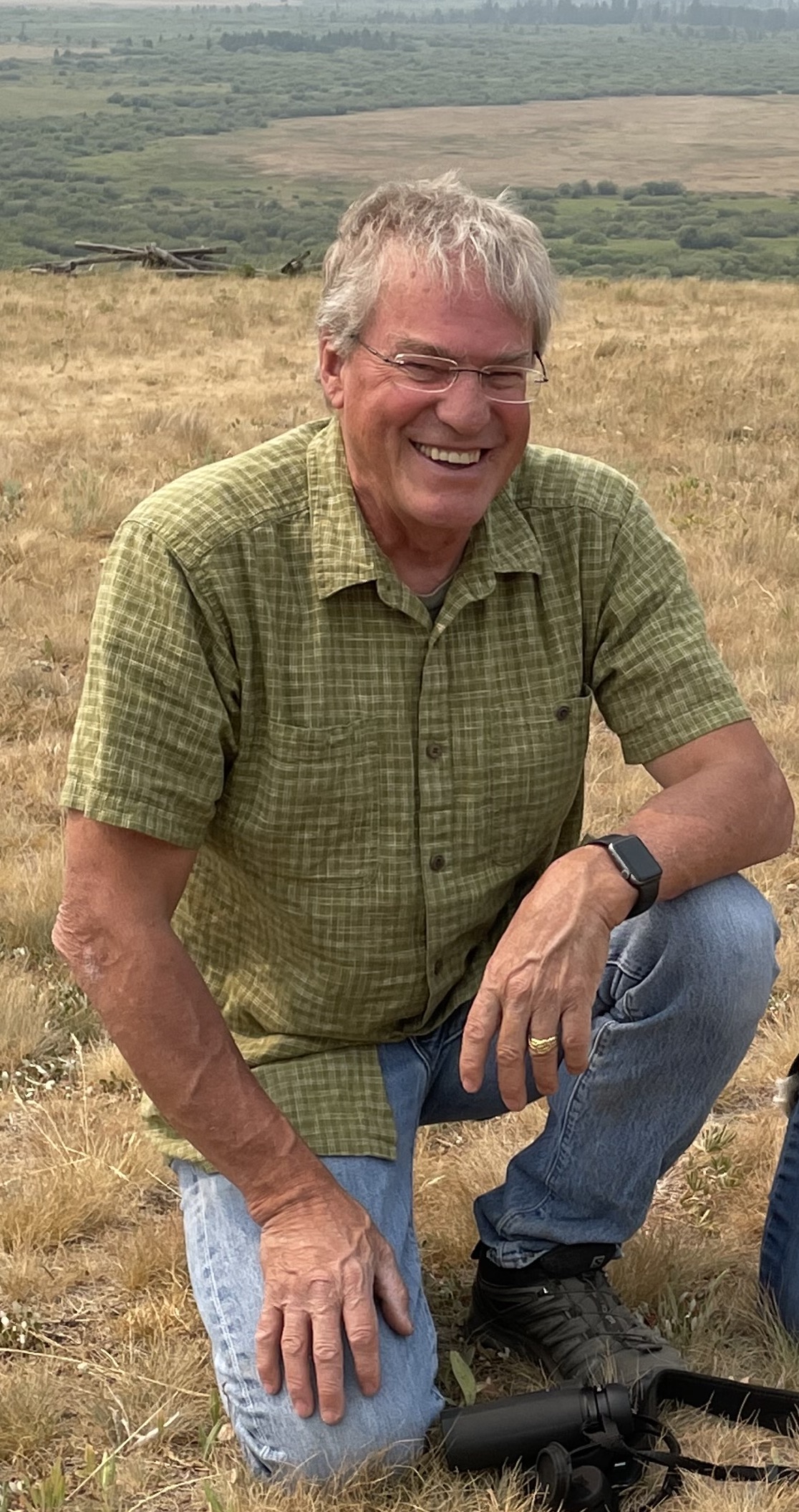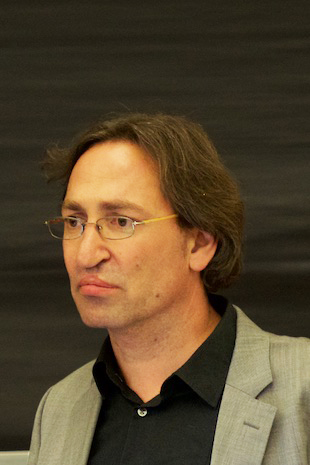12/10/2025
12:00 - 12:45
Human-Centred Conservation Pavilion
, Sur site
Pourquoi participer
Discover how innovative finance can transform conservation. From payments for outcomes in the Virunga gorilla landscape to wildlife-economy–funded wild sheep translocations in North America, this session highlights practical strategies that protect species, support communities, and turn historical conflicts into cooperation. Learn how economic incentives can drive sustainable, impactful conservation globally.
Description de la séance
The COVID-19 pandemic exposed the fragility of conservation financing, as protected areas dependent on tourism saw revenues collapse, leading to increased poaching and hardship for local communities. This session explores innovative solutions where traditional income streams fall short. “From Crisis to Credits: Rethinking Conservation Finance” examines Conservation Performance Payments in the Greater Virunga Landscape, showing how community incentives, transparent management, and integration of Indigenous knowledge can protect mountain gorillas, improve livelihoods, and align with biodiversity credit markets. “The Pathogen Paradox: From Conflict to Conservation Funding” highlights how disease risks at the wildlife–livestock interface can be reframed as opportunities to mobilise resources for conservation, transforming conflict into a driver of collaboration and resilience. Together, these talks showcase how unconventional financial tools can secure biodiversity while supporting communities, reshaping the future of conservation funding.Organised by
Jamma International ( United Kingdom of Great Britain and Northern Ireland )
Partenaires
Wild Sheep Foundation ( United States of America )
United Nations Environment Programme

